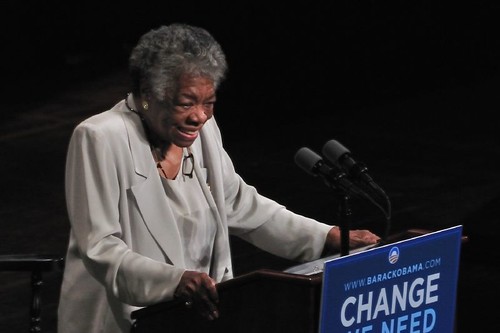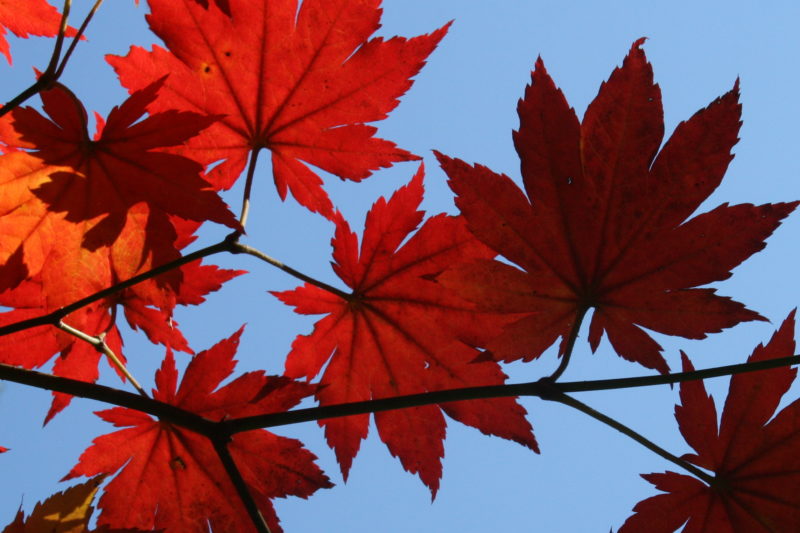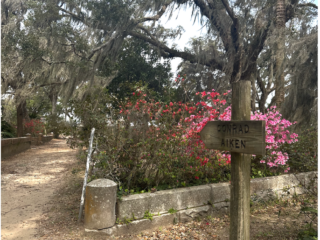By Hannah White
With Thanksgiving around the corner and the end of the year nearing the horizon, there comes the need for gratitude and reflection. Feeling grateful during difficult times like these can feel tough, but fostering gratitude in strenuous situations can actually help alleviate negative emotions and even change the brain over time. And what better way to channel gratitude than reflecting with a classic work of literature that promotes this positive feeling! The following is a list of six classic works of literature on gratitude, written by some of the greatest names in literature.
1. Ralph Waldo Emerson’s “Friendship”
Emerson’s essay “Friendship” is as beautiful and relevant today as it was when it was published in 1841. Throughout many of his works, Emerson reflects on cultivating the habit of being grateful for even the smallest things, and often focuses on the beauty of nature. Even though he is known for embracing solitude, in this classic essay Emerson proclaims his appreciation for his friends, writing “I awoke this morning with devout thanksgiving for my friends, old and new.” You can read this essay along with his more well-known “Self-Reliance” in this collection of essays, while simultaneously reflecting on relationships that you are grateful for in your own life. Like Emerson says,”Cultivate the habit of being grateful for every good thing that comes to you, and to give thanks continuously. And because all things have contributed to your advancement, you should include all things in your gratitude.”
2. Maya Angelou’s “On Aging”
In her marvelous poem “On Aging,” the great Angelou insists on being grateful for the ability to breathe, for that fact that you are living regardless of your age or physical condition. In this powerful piece Angelou righteously proclaims:
“When my bones are stiff and aching, / And my feet won’t climb the stair, / I will only ask one favor: / Don’t bring me no rocking chair. / When you see me walking, stumbling, / Don’t study and get it wrong. / ‘Cause tired don’t mean lazy / And every goodbye ain’t gone. / I’m the same person I was back then, / A little less hair, a little less chin, / A lot less lungs and much less wind. / But ain’t I lucky I can still breathe in.”

You can read this poem and her many others in this complete collection.
3. Louisa May Alcott’s Little Women
In this classic novel that has been adapted multiple times for the screen, Alcott tells a story of sisterhood, selflessness, friendship, and love. She simply proclaims the power of fostering gratitude, “Gratitude can conquer pride.” If you’re looking for a cozy and heartwarming read, order this beautiful edition here and get it in time for the upcoming holidays.

4. Emily Dickinson’s “Without This—there Is Nought”
Though Dickinson lived a very secluded and oftentimes lonely life, she was very grateful for her ability to write, which she reflected on in some of her work. In “Without This–there Is Nought,” she writes, “I wished a way might be / My Heart to subdivide— / ‘Twould magnify—the Gratitude— / And not reduce—the Gold—” You can purchase the complete poems of Emily Dickinson, including this one, here.
5. Henry David Thoreau’s Walden and Walking
Another renowned Transcendentalist, like Emerson, much of Thoreau’s writing reflects on the beauty of the natural world and the peace found in seclusion in nature. In this combined edition of some of the best works of both Emerson and Thoreau, you can read both Walden and Walking, and if you are interested in the place that inspired the works, check out this article on Walden Pond. Thoreau reminds us of what is important:
“I am grateful for what I am and have. My thanksgiving is perpetual. It is surprising how contented one can be with nothing definite – only a sense of existence. Well, anything for variety. I am ready to try this for the next ten thousand years, and exhaust it. How sweet to think of! my extremities well charred, and my intellectual part too, so that there is no danger of worm or rot for a long while. My breath is sweet to me. O how I laugh when I think of my vague indefinite riches. No run on my bank can drain it, for my wealth is not possession but enjoyment.”

6. Christina Rossetti’s “A Birthday”
Perhaps my favorite on this list, Rossetti’s “A Birthday” is a poem so ripe with fruitful diction you can taste it on your tongue. Rossetti sings of an overflowing richness of the heart in this beautiful piece: “My heart is like an apple-tree / Whose boughs are bent with thickset fruit;” Read this and the rest of Rossetti’s poems here.
Gratitude is not just a feeling we evoke out of necessity around the holidays, it is a way of living and thinking that can be cultivated in order to bring more joy and content to our lives. Reflecting through reading these 6 classic works of literature on gratitude and incorporating these ideas into our own lives is one way to bring about change and move toward a more positive and thoughtful way of living.











